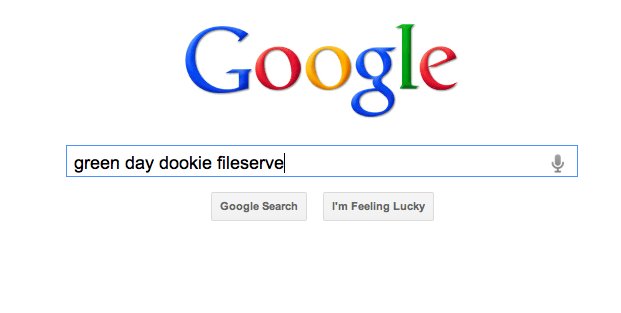
Last year, Google announced that it was making adjustments to its search algorithms to prevent generic piracy-related search terms from auto-completing or appearing during instant searches. Following this action, the number of successful Google searches for terms like “BitTorrent” and “RapidShare” decreased dramatically. Taking further action, Google announced last week that it has extended the ban to specific domain names of sites that it deems to be potential havens for piracy, including file sharing sites like The Pirate Bay and ExtraTorrent and virtual “locker” sites like FileServe. So far, Google has not disclosed how it selects terms for inclusion in the search censorship.
The timing of this expansion coincides with Google’s desire to placate rights holders as it moves into the music business. Google has deals in place with two of the three major label groups, and to stay in their good graces, it will need to demonstrate that it’s actively interested in curtailing the promotion of piracy through its other services. While this is good for their new music venture, it’s not exactly in line with their motto of not being evil. Many of the sites that Google is blocking from their auto-complete and instant search features are legitimate sites that don’t break copyright laws but are being included here because it’s assumed by rightsholders that they’re siphoning income away from their antiquated business model.
Google is starting to become something of a paradox, publicly rallying against copyright laws like the Protect IP Act (S. 968), but then taking action on its own accord to censor and police how its search service serves up content. Parties looking to find these sites using Google still can, but this adjustment is definitely a move in the wrong direction of trying to keep the internet free and open while still respecting rights and compensating artists for their work.